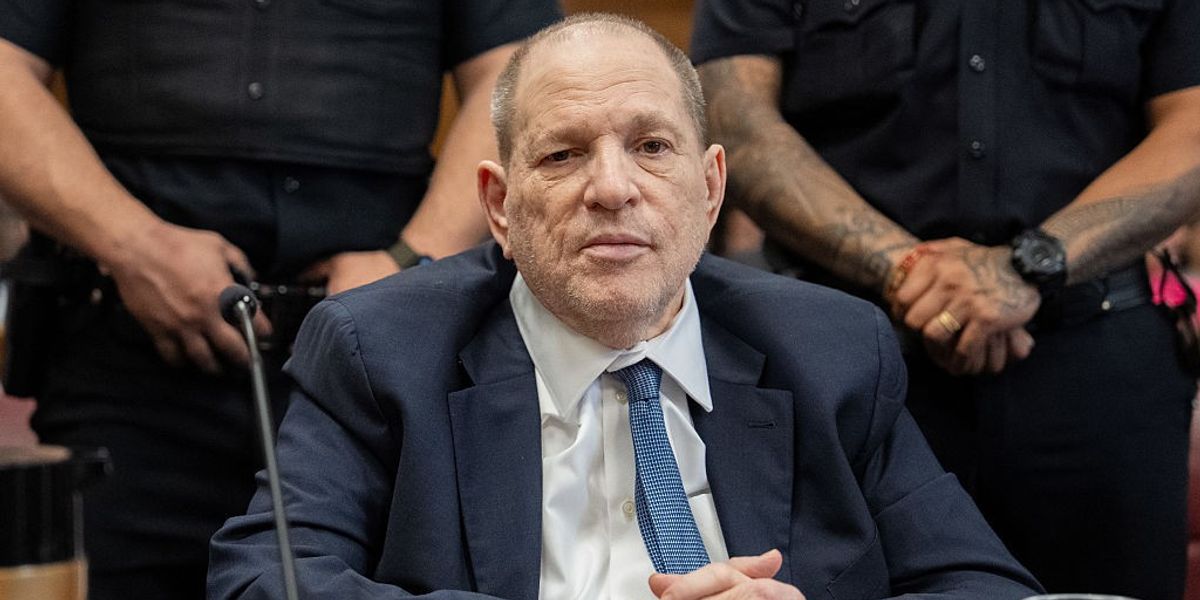Harvey Weinstein Found Guilty in Retrial: A Closer Look
Disgraced movie mogul Harvey Weinstein has recently been found guilty of a sex crime by a Manhattan jury, culminating a three-week retrial that revisited accusations from his overturned 2020 conviction. This verdict underscores Weinstein’s ongoing legal battles, following two previous convictions for similar offenses, and serves as a stark reminder of the impact of the #MeToo movement.
The Retrial
The retrial was noted not just for its legal implications but also for its cultural significance. It became a litmus test for the #MeToo movement’s enduring influence, particularly as public attention shifts to other pressing social issues. During the proceedings, Weinstein, now 72, attended in a wheelchair, reportedly receiving treatment for leukemia. He did not take the stand in his defense but maintained his innocence, asserting that all encounters were consensual.
Charges and Verdict
In this particular case, Weinstein faced allegations arising from incidents involving three women. The jury concluded with a mixed verdict: Weinstein was found guilty of one sex crime, not guilty on another count of criminal sexual act, and the jury couldn’t reach a decision on a rape charge. This inconsistency highlights the complexities of sexual assault cases, where jurors may have differing interpretations of evidence and credibility.
Testimonies from the Accusers
The emotional testimonies from his accusers played a central role in the trial. Jessica Mann, an actor and hairstylist, accused Weinstein of raping her in 2013. Similarly, production assistant Miriam Haley and aspiring actress Kaja Sokola alleged forced oral sex incidents in 2006. Prosecutors argued that Weinstein exploited his industry influence, promising career opportunities to manipulate these women, only to assault them later.
In response, Weinstein’s legal team sought to reframe these interactions as consensual. His lawyer, Arthur Aidala, argued that the relationships were “mutually beneficial,” emphasizing that the women, at times, ended up with auditions and other showbiz opportunities. This tactic reflects a broader strategy often employed by defense teams in sexual assault trials, where the narratives of consent and coercion can be contentious.
The Defense’s Strategy
The defense introduced witness testimonies suggesting that neither Mann nor Sokola had previously voiced their claims, casting doubt on their credibility. However, Mann countered this assertion in court, revealing her fears and disbelief about whether anyone would take her seriously at the time of the alleged assaults. This dynamic highlights a recurring theme in many sexual assault cases—victims often face significant barriers in coming forward, making it all the more challenging to build strong legal cases.
Weinstein’s Downfall
Weinstein’s career took a dramatic turn following a 2017 exposé detailing numerous allegations of sexual misconduct, which contributed significantly to the birth of the #MeToo movement. Once a towering force in Hollywood, his descent is a stark reminder of the consequences of unchecked power. Over 100 women, including prominent actresses, have accused him of sexual misconduct, painting a picture of a pervasive culture of abuse that existed unchecked for decades.
Weinstein’s initial conviction in New York led to a 23-year prison sentence, which was later overturned on appeal. He also received a 16-year sentence after a conviction in California. Each legal setback underscores the complexities involved in prosecuting sexual assault cases, particularly those involving high-profile offenders.
Continuing Impact of the #MeToo Movement
The ongoing litigation surrounding Weinstein is not merely a legal saga; it embodies a critical societal shift towards accountability for sexual misconduct. As the jury deliberated, the conversation surrounding consent, power dynamics, and justice for survivors remained very much alive. The case, along with countless others, continues to shape the cultural landscape concerning women’s rights and the treatment of sexual assault survivors, ensuring that issues of abuse and misconduct remain in public discourse.
The unfolding of Weinstein’s story may resonate deeply, as it reflects both individual tragedies and broader societal transformations. While the legal outcomes are paramount, the emotional and psychological ramifications on the survivors and the collective consciousness surrounding sexual misconduct remain ever salient.


